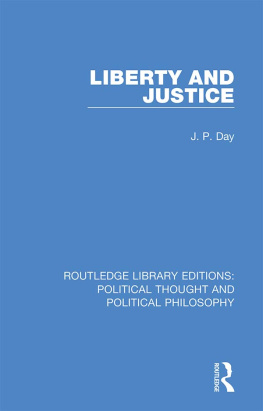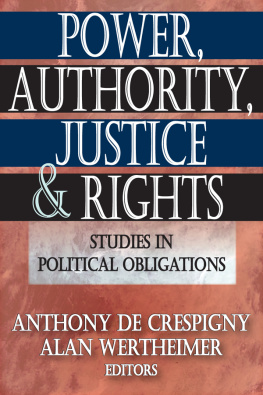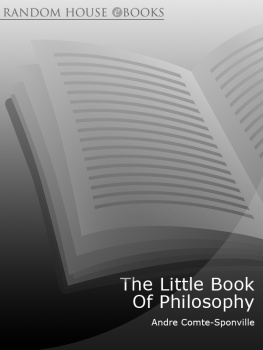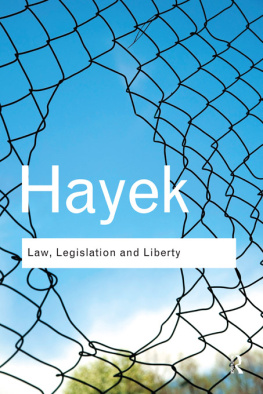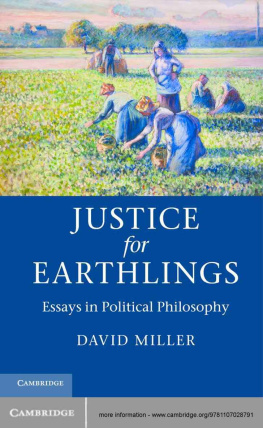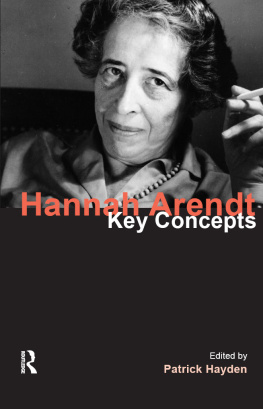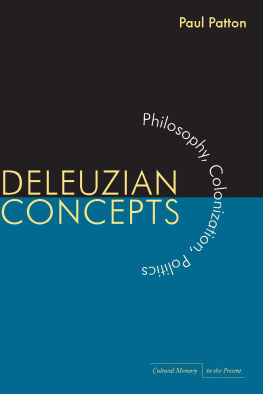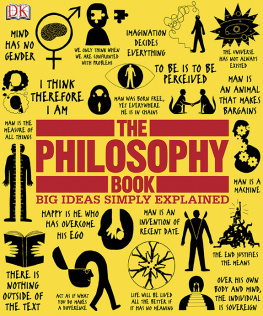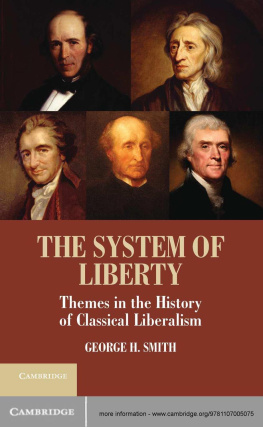First published in 1987 by Croom Helm Ltd
This edition first published in 2020
by Routledge
2 Park Square, Milton Park, Abingdon, Oxon OX14 4RN
and by Routledge
52 Vanderbilt Avenue, New York, NY 10017
Routledge is an imprint of the Taylor & Francis Group, an informa business
1987 J. P. Day
All rights reserved. No part of this book may be reprinted or reproduced or utilised in any form or by any electronic, mechanical, or other means, now known or hereafter invented, including photocopying and recording, or in any information storage or retrieval system, without permission in writing from the publishers.
Trademark notice: Product or corporate names may be trademarks or registered trademarks, and are used only for identification and explanation without intent to infringe.
British Library Cataloguing in Publication Data
A catalogue record for this book is available from the British Library
ISBN: 978-0-367-21961-1 (Set)
ISBN: 978-0-429-35434-2 (Set) (ebk)
ISBN: 978-0-367-22022-8 (Volume 18) (hbk)
ISBN: 978-0-429-27034-5 (Volume 18) (ebk)
Publishers Note
The publisher has gone to great lengths to ensure the quality of this reprint but points out that some imperfections in the original copies may be apparent.
Disclaimer
The publisher has made every effort to trace copyright holders and would welcome correspondence from those they have been unable to trace.
J.P. Day 1987
Croom Helm Ltd, Provident House, Burrell Row,
Beckenham, Kent BR3 1AT
Croom Helm Australia Pty Ltd, Suite 4, 6th Floor,
6476 Kippax Street, Surry Hills, NSW 2010, Australia
British Library Cataloguing in Publication Data
Day, J.P.
Liberty and justice
1. Liberty 2. Justice
I. Title
323.44 JC585
ISBN 0-7099-4523-X
Croom Helm US, 27 South Main Street,
Wolfeboro, New Hampshire 03894-2069
Library of Congress Cataloging-in-Publication Data
Day, J.P. (John Patrick), 1919
Liberty and justice.
Includes index.
1. Liberty 2. Justice I. Title
JC585.D38 1986 323.44 86-16827
ISBN 0-7099-4523-X
Printed and bound in Great Britain
by Billing & Sons Limited, Worcester.
Justice and liberty are the central concepts of social and political thought.
The essays make a book, because they have been composed as such, and so possess an intended unity. Thus, there are many cross-references between them. Again, Nos. 4 and 5 are companion pieces as are also Nos. 6, 11 and 12; and Nos. 8 and 9. Nos. 1, 3, 6, 7, 10, 11 and 12 develop a single and mainly consistent view of Freedom. Unlike the essays on Fairness, however, there is a significant difference between the first two and the later ones. In Nos. 1 and 3 Freedom is defined as a matter of B not preventing A from doing X. Prevention in turn is seen as the physical process of B making A unable to do X, a process which may be either intentional or unintentional. In the later essays, however, Freedom is defined as Bentham defined it, namely, as a matter of B not restraining A from doing X. Restraint (Coercion) is a process which (like Injustice) is mental as well as physical, because it is necessarily intentional. This is conceptually connected with the fact that Freedom (like Fairness) is a negative, general, moral right; for violation of a moral right is necessarily intentional.
The question of the relations between Fairness and Freedom, mentioned above, is another leading one about which a good deal is said in what follows. For example, Plato held that the free man is identical with the just (or virtuous) man (Essay 10, Appendix I). Again, classical economists hold that economic liberty is the means to economic justice (Essay 12). There are many important resemblances between them, such as that (as just said) both are negative, general, moral rights. Similarly, there are significant differences between them, one of which it is pertinent to mention here because it is relevant to the plan of the book. The problems of Freedom are best divided into those of Individual Liberty (Essay 6) and those of Collective Liberty (Essays 11 and 12). The latter are interorganisational problems about the coercion of one organisation, such as a church or a business, by another organisation, notably a state (government). They are problems of the greatest consequence. But the problems of Fairness are not best divided similarly. For the problems about unfair treatment of one organisation by another are not so pressing, though there are indeed interesting questions about justice between states (Essay 8, Subsec. 2.1). In this connexion, it is necessary to mention a distinction which is much used and discussed in Essay 11, namely, that between an (unorganised) social set and a social organisation (= an organised social set). The persecution of Christians by the Roman Empire is not an example of Collective Injustice because Christians, unlike the Roman Church, are a social set and not a social organisation. Injustice to a social set is to be interpreted distributively and not collectively, and so reduces to injustice to the members of that set, that is, to Individual Injustice.
The essays have been published previously as follows:
No. 1. On Liberty and The Real Will, Philosophy, Vol. 45, No. 173 (July 1970), pp. 17792.
No. 2. Fairness and Fortune, Ratio, Vol. 19, No. 1 (June 1977), pp. 7084. Reprinted with corrections in The Philosophers Annual, I. D.L. Boyer, P. Grim and J.T. Sanders (eds.) (Rowman and Littlefield, Towota, 1978), pp. 3352. The corrected version is reproduced here.
No. 3. Threats, Offers, Law, Opinion and Liberty, the AmericanPhilosophical Quarterly, Vol. 14, No. 4 (October 1977), pp. 25772.
No. 4. Retributive Punishment, Mind, Vol. 87, No. 348 (October 1978), pp. 498516.
No. 5. Compensatory Discrimination, Philosophy, Vol. 56, No. 215 (January 1981), pp. 5572.
No. 6, Individual Liberty in Of Liberty, A. Phillips Griffiths (ed.) (University Press, Cambridge, 1983), pp. 1729.
No. 7. Civil Liberty and the Rule of Law, Political Studies, Vol. 31 (June 1983), pp. 194204.
No. 8, The Indefeasibility of Justice, Cogito, Vol. 3, No. 1 (March 1985), pp. 5590.
No. 9, Procedural Equality in Equality and Discrimination, Stephen Guest and Alan Milne (eds) (Franz Steiner Verlag Wiesbaden Gmbh, 1985), pp. 519.
No. 10. Is the Concept of Freedom Essentially Contestable?, Philosophy, Vol. 61, No. 235 (January 1986), pp. 11623.
No. 11. Collective Liberty and Religious Liberty, the American Philosophical Quarterly, Vol. 23, No. 3 (July 1986).
No. 12. Economic Liberty and Economic Justice, Cogito, Vol. 3, No. 4 (December 1985), pp. 3559.
I am grateful to the editors of these publications for their permission to reprint the essays here. I also wish to make a general acknowledgement of the assistance which I have received in writing this book from the friends, colleagues and fellow-students who have commented on the essays either privately or in the seminars at which they have been discussed. Individual acknowledgements will be found at the ends of some of the essays.

